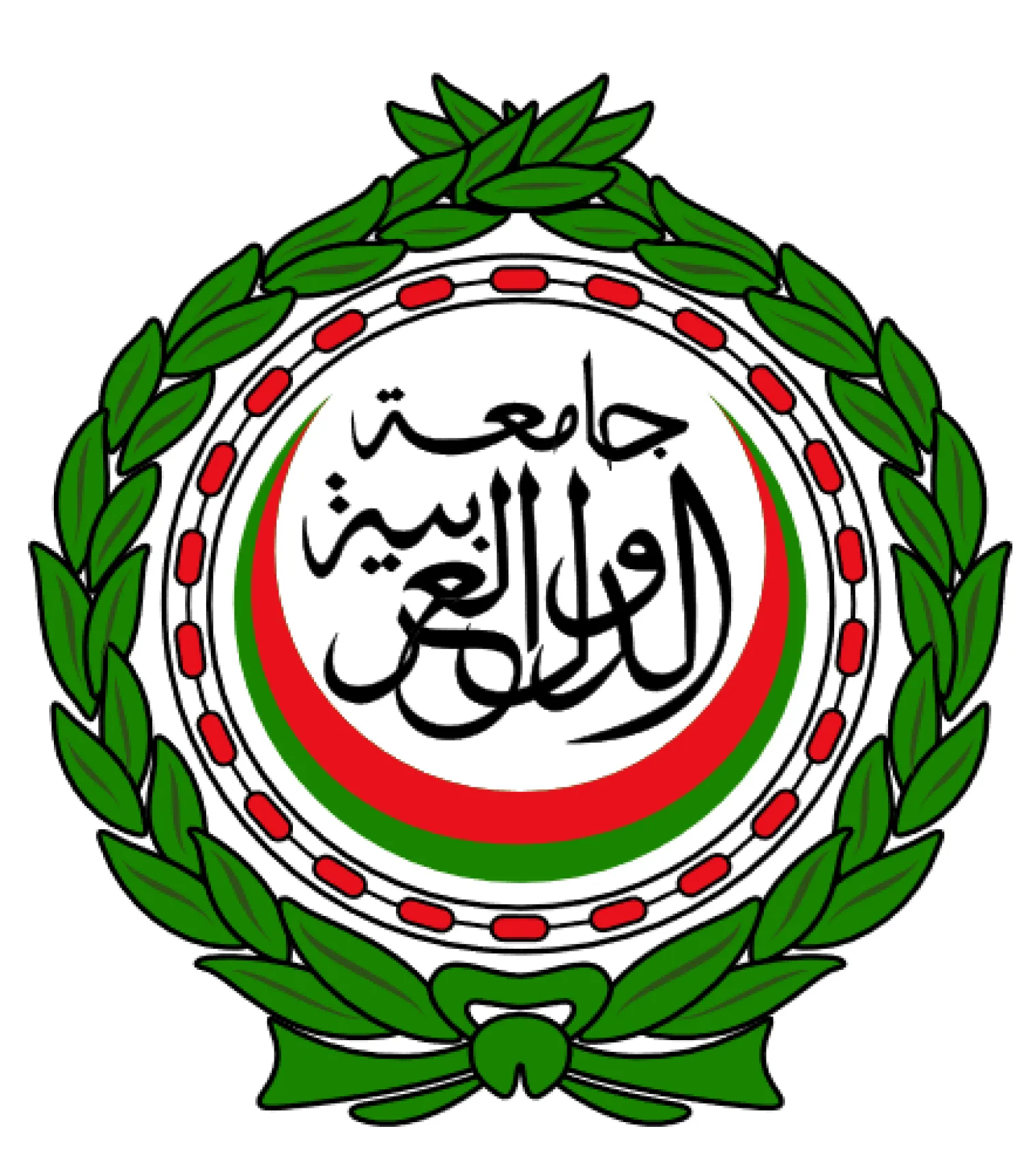The Arab League emphasized the urgent need for comprehensive measures, support mechanisms, and assistance to mitigate the severe impact on Palestine's education sector due to the ongoing Israeli aggression on the Gaza Strip, the Saudi Press Agency said on Sunday.
The Assistant Secretary General and Head of the Palestine and Occupied Arab Territories Affairs Sector, Ambassador Saeed Abu Ali, highlighted this call during the emergency meeting of the Council of Educational Affairs for the Children of Palestine at the Arab League's headquarters.
Ambassador Abu Ali underscored that the education sector has been one of the primary targets of the Israeli assaults, resulting in catastrophic human and material losses across both public and private education institutions, as well as UNRWA schools.
He noted that many of UNRWA schools have been converted into shelters that were not spared from destruction, endangering the lives of the civilians taking refuge in them.
Palestinian Minister of Education and Higher Education, Amjad Barham, echoed these concerns, noting that the Israeli occupation aims to undermine the future of the Palestinian people by systematically targeting educational institutions.
He reaffirmed that the Palestinian people remain steadfast in their belief in the right to education, considering it a fundamental and non-negotiable right.
Arab League Calls for Providing Urgent Educational Needs in Palestine amid Israel’s Aggression

Arab League calls for providing urgent educational needs in Palestine.

Arab League Calls for Providing Urgent Educational Needs in Palestine amid Israel’s Aggression

Arab League calls for providing urgent educational needs in Palestine.
لم تشترك بعد
انشئ حساباً خاصاً بك لتحصل على أخبار مخصصة لك ولتتمتع بخاصية حفظ المقالات وتتلقى نشراتنا البريدية المتنوعة







